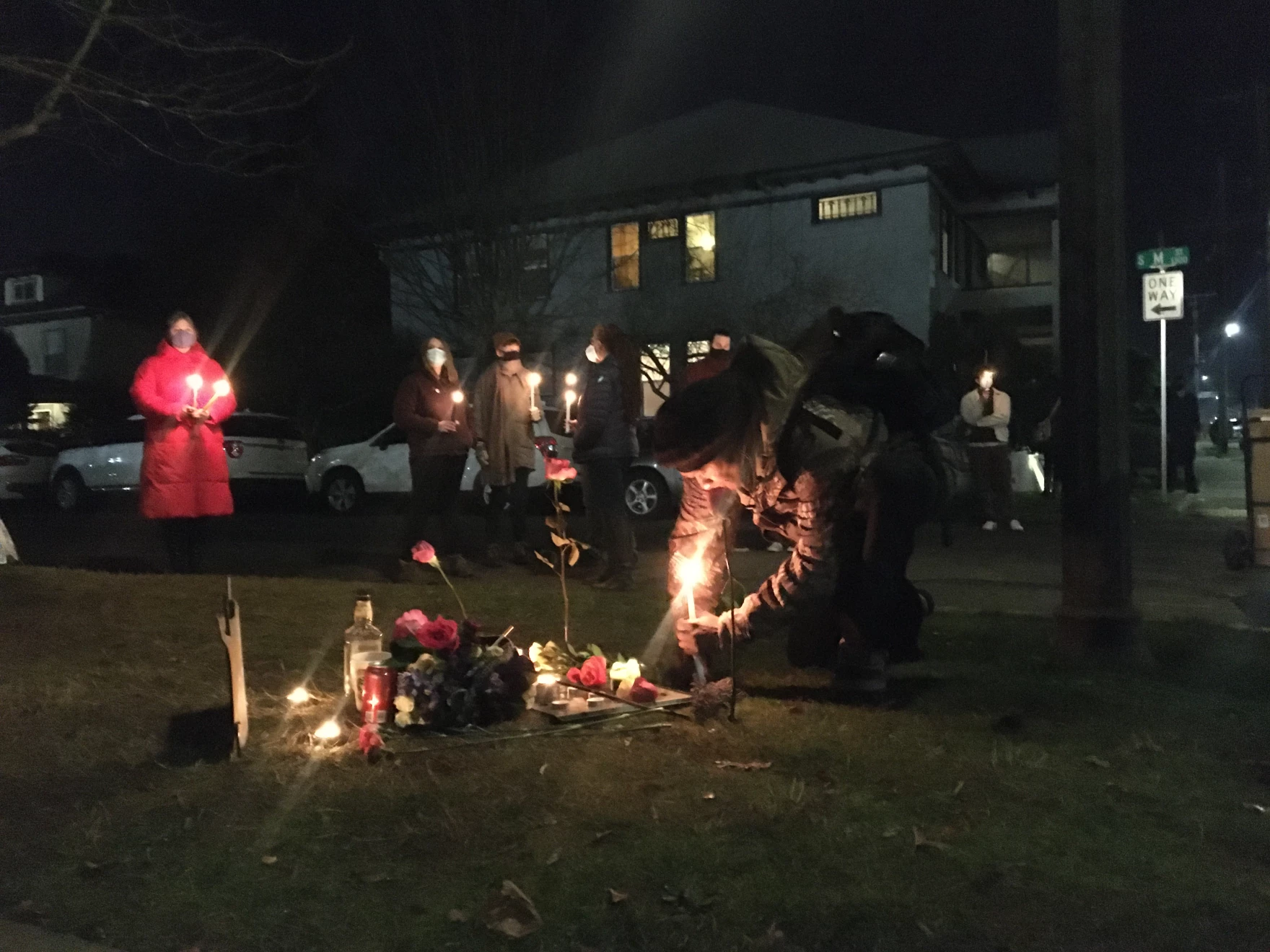Over the past 23 years, the National Coalition for the Homeless (NCH) has documented nearly 2000 incidents of violence against people who were homeless. Since 1999, at least 588 of unhoused victims have violently been killed just for being unhoused.
These crimes appear to have been motivated by a perpetrator’s bias against people experiencing homelessness, and to have been facilitated by a perpetrator’s ability to target homeless people with relative ease. The crimes are a litany of atrocities: beatings, rapes, mutilations, and murders. The murder victims died in unfathomable ways: not only shot or stabbed to death, but also set on fire, drowned – even beheaded.
This year, we’ve documented shocking levels of law enforcement involvement in attacks against people experiencing homelessness, as well as serial attacks on people experiencing homelessness. Most notably, Oregon saw a whopping 500% increase since the last reported attacks in 2019.
In several states, such as Kentucky, Florida, Missouri, and others, legislation has been enacted that exacerbates the already dire situation faced by those experiencing homelessness. These laws create a vicious cycle of punitive measures that further marginalize and dehumanize people who are already in vulnerable circumstances.
Unfortunately, these injustices have fueled vigilantism and hatred directed towards people who are forced to live outdoors. It is imperative that society recognizes that homelessness is a societal issue and should not be met with violence or unwarranted hostility.


City and county level ordinances also contribute to a perfect storm of dehumanization of people experiencing homelessness that leads to violence. The small town of Grants Pass, Oregon, is one of hundreds of cities nationwide that has passed law banning sleeping outdoors. The Grants Pass ordinance was challenged in court, as there is not enough shelter available in town for everyone who needs it, and the city appealed. On April 22, 2024, the U.S. Supreme Court heard oral arguments in the case, and over 700 advocates gathered on the steps of the court to rally in support of Housing, not Handcuffs for people forced to live outdoors. The decision reached in this case has far-reaching implications for the treatment of individuals who have been displaced from their homes.
The quiet town of Grants Pass was surprised in March of 2022, when an unknown assailant set the tent of someone forced to live outdoors on fire. Unfortunately, we should not be surprised.
While NCH has compelling data on the number and severity of attacks in general, many of these acts remain underreported (in part because people experiencing homelessness tend to live on the outskirts of communities). The Bureau of Justice Statistics found that in 2019 “less than half (44%) of violent victimizations (of people experiencing homelessness) are reported to police.” Furthermore, many attacks were likely even more gruesome than available reports imply.
The National Coalition for the Homeless calls upon all stakeholders, including lawmakers, law enforcement agencies, advocacy groups, and community members, to view consider protecting our unhoused neighbors as a vulnerable population. Further, we urge policymakers to invest in the housing and community supports we all need, and that are proven to end homelessness.
Report (without appendices)
Appendix A: Hate Crimes vs. Vulnerable Victims Status
Appendix B: Protected Class Resolution
Appendix C: Hate Crimes Legislation Resource Guide
Appendix D: Case Research and Citations
Read the full report: https://nationalhomeless.org/wp-content/uploads/2024-Hate-Crimes-Report_for-web.pdf






